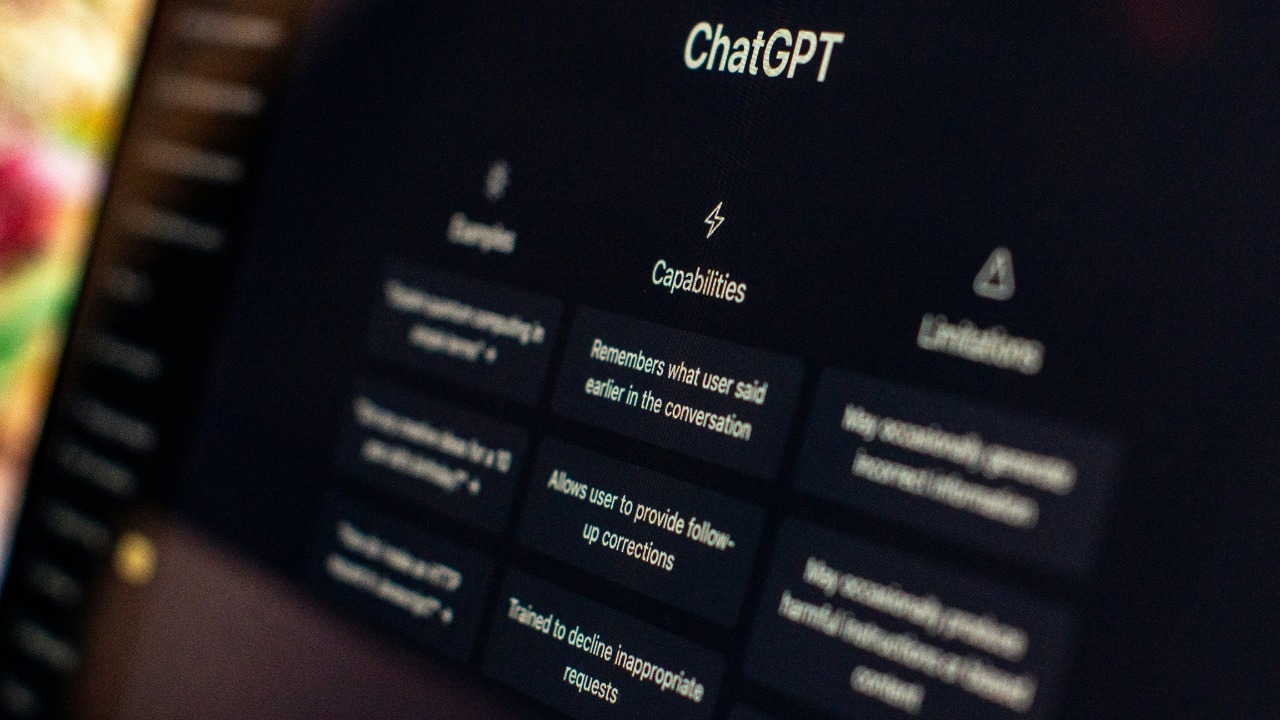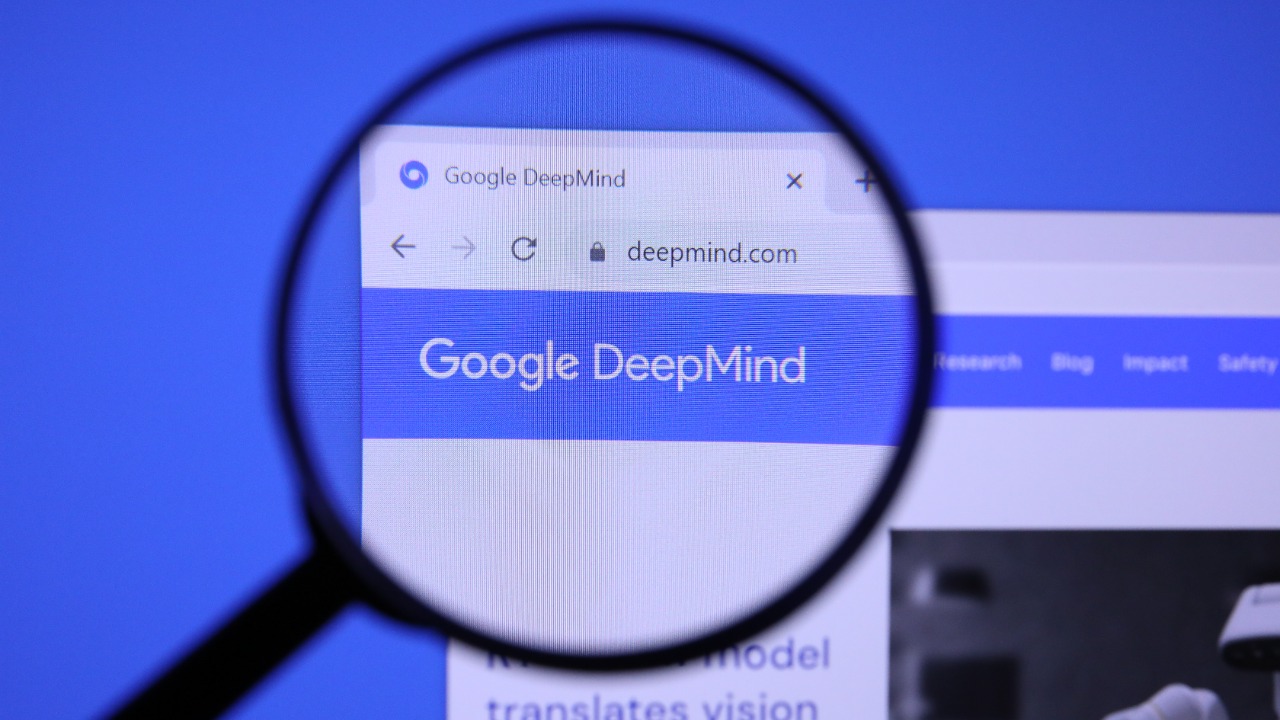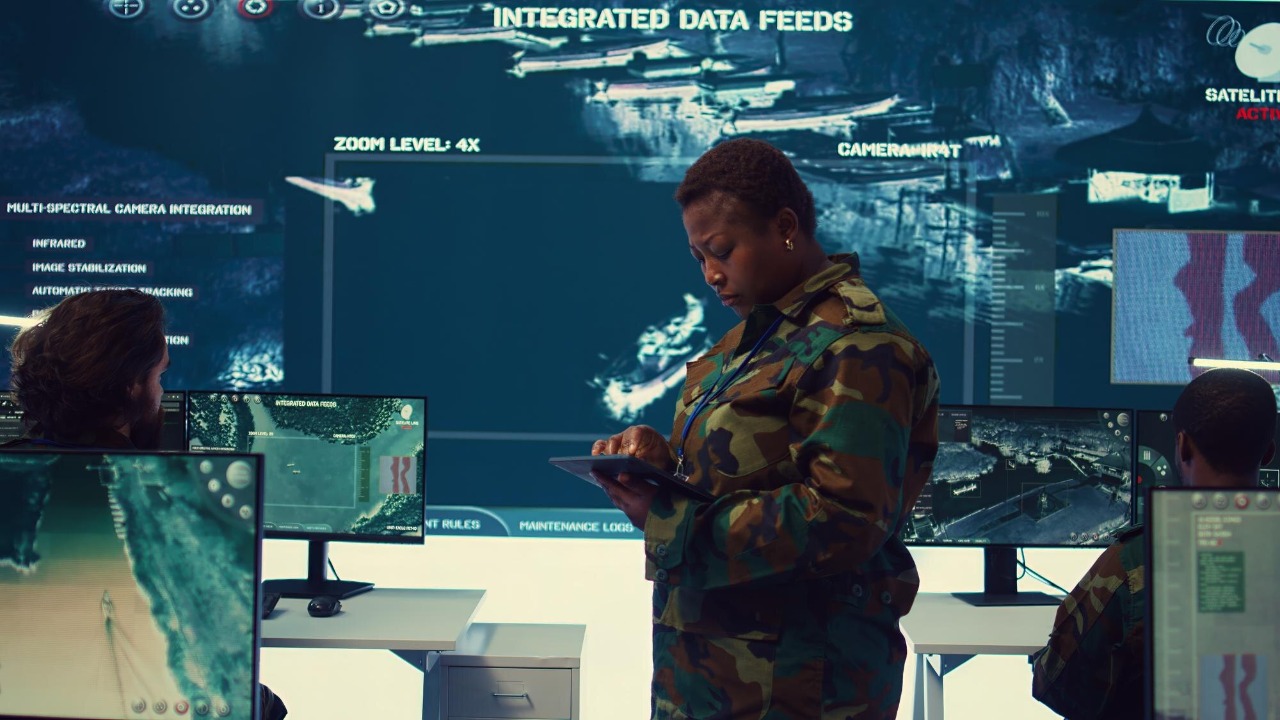The concept of technological singularity, where artificial intelligence surpasses human intelligence, has long been a topic of speculation and debate. Recent trends and breakthroughs in AI research suggest that humanity may be on the brink of reaching this unprecedented milestone within the next five years. This exploration delves into the evidence supporting this projection and its potential implications for society.
The Acceleration of AI Development

In recent years, machine learning and neural networks have evolved at an exponential rate. Technologies like OpenAI’s GPT and Google’s DeepMind have demonstrated the ability to perform complex tasks, such as generating human-like text and playing strategic games at superhuman levels. These advancements underscore the rapid pace at which AI development is accelerating, with capabilities expanding far beyond what was conceivable a decade ago.
Breakthroughs in AI capabilities are becoming increasingly common. For instance, AI systems have begun outperforming human experts in fields ranging from medical diagnostics to strategic gaming. IBM’s Watson has already made significant strides in healthcare by diagnosing rare diseases more accurately than human doctors in some cases. Similarly, AI models have achieved remarkable feats in creative fields, such as composing music and creating visual art, further illustrating their broadening spectrum of abilities.
Investment and resources in AI research and development have surged, with tech giants like Google, Microsoft, and Amazon committing billions of dollars annually to advance the field. This influx of financial and intellectual capital is driving innovation at an unprecedented pace, with universities and private sectors collaborating to push the boundaries of what AI can achieve. The increasing number of AI patents filed each year is a testament to the intense focus on developing and refining sophisticated algorithms.
Indicators of Approaching Singularity

One of the key indicators of approaching singularity is AI’s ability to pass the Turing Test. Instances have already arisen where AI systems have successfully fooled humans into believing they are interacting with another human. The sophistication of chatbots and virtual assistants, such as Google’s Duplex, illustrates how close AI is to achieving human-like conversational abilities.
Another critical aspect of reaching singularity is the development of self-improving AI systems. These systems can learn and enhance their performance autonomously, a crucial factor in achieving a level of intelligence that surpasses human capabilities. Google’s AutoML project, which allows AI to create better AI models, is a vivid example of this self-improvement capability.
Moreover, AI’s integration across diverse fields is accelerating technological progress. From autonomous vehicles to personalized education platforms, AI is revolutionizing industries and enhancing productivity. These cross-disciplinary applications not only demonstrate AI’s versatility but also highlight its potential to drive comprehensive advancements across various sectors.
Potential Implications for Society

The rapid advancement of AI poses significant economic implications, particularly concerning job markets. As AI systems become more capable, they are likely to replace human labor in various industries, from manufacturing to customer service. While this may lead to increased efficiency and lower costs, it also presents challenges in terms of job displacement and the need for workforce retraining.
Ethical considerations are paramount as AI development progresses. Ensuring that AI systems align with human values and safety is a complex challenge that requires careful regulation and oversight. The potential for AI to be used in ways that infringe on privacy, autonomy, or security necessitates a robust ethical framework to guide its development.
Preparing for a post-singularity world involves anticipating and adapting to transformative changes. Societies must consider how to integrate AI into existing structures while fostering innovation and ensuring equitable access to its benefits. Policymakers, educators, and industry leaders must collaborate to develop strategies that address the societal shifts brought about by singularity.
Skepticism and Challenges

Despite the rapid progress in AI, several technical hurdles remain. Developing AI systems that truly understand and process information like humans is a complex challenge that scientists are still striving to overcome. Issues such as ensuring AI’s ability to generalize knowledge across different domains and contexts are critical obstacles on the path to singularity.
The role of regulation is increasingly important as AI technologies advance. Governments and regulatory bodies worldwide are grappling with how to manage the rapid pace of AI development while safeguarding public interest. Initiatives like the European Union’s AI Act demonstrate efforts to establish comprehensive guidelines that address ethical and safety concerns.
Within the scientific community, there is a wide range of perspectives regarding the timeline and feasibility of reaching singularity. Some experts, like Ray Kurzweil, are optimistic about the possibility of achieving singularity within the next decade. Others remain skeptical, citing the unpredictable nature of technological breakthroughs and the potential for unforeseen challenges.
The Road Ahead

Monitoring key milestones in AI development will be crucial over the next few years as indicators of approaching singularity. Breakthroughs in natural language processing, autonomous decision-making, and cognitive computing will serve as significant markers of progress toward this transformative goal.
Collaborative efforts are essential to navigate the complexities of AI research and policy-making. International cooperation among governments, academia, and industry stakeholders can facilitate the sharing of knowledge and resources, ensuring that AI development advances responsibly and inclusively.
Envisioning the future in a world where singularity has been achieved involves considering speculative scenarios about humanity’s role in this new reality. As AI systems potentially surpass human capabilities, questions arise about the nature of human-machine interaction and the ethical implications of such a transformation. These considerations highlight the need for ongoing dialogue and thoughtful planning to embrace a future shaped by singularity.